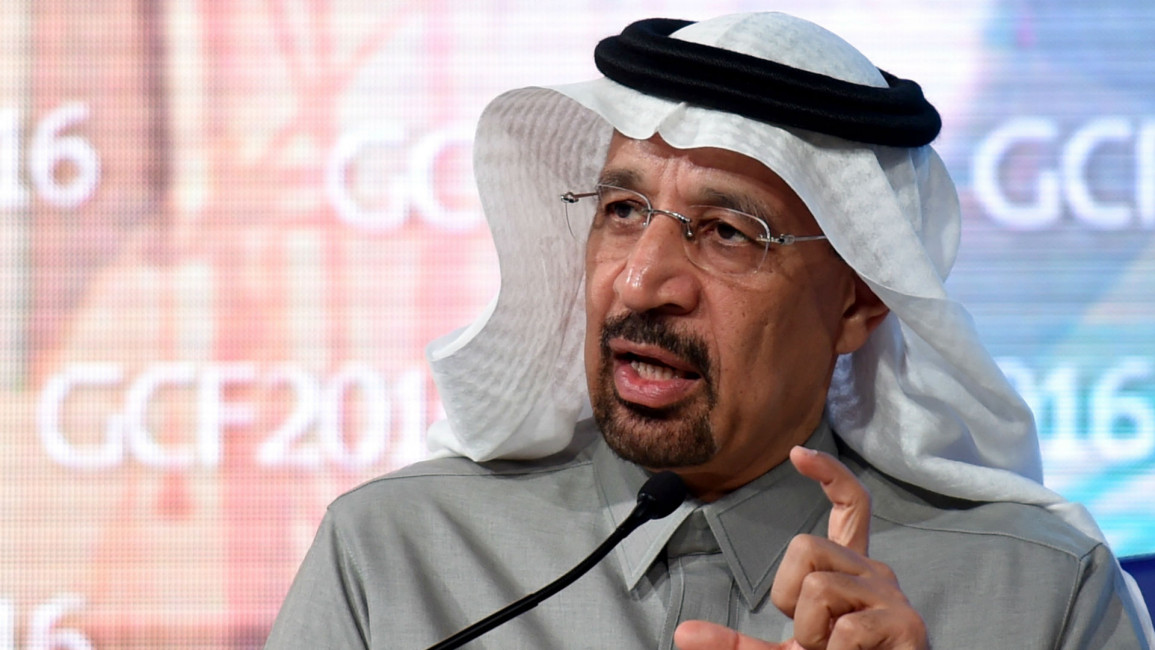Aramco audit to uncover Saudi oil reserve secrets
Speculation surrounds an independent audit of Saudi Aramco, as investors wait to discover the exact size of Saudi Arabia's coveted oil reserves.
The exact size of the Kingdom's oil fields have heretofore never been released and investors have had to rely on the government's official and unchecked statistics.
"Everything that Saudi Aramco has, that will be shared, that will be verified by independent third parties," Saudi Arabia's energy minister, Khalid al-Falih, told The Financial Times.
Aramco were not initially expected to reveal its reserves when Falih first announced plans to sell 5 percent of the company, expected in 2018.
"The reserves would not be sold, but the company's ability to produce from the reserves is being studied," Falih said in January.
 |
"I think the time in 2018 will be almost right [for an IPO]." Aramco CEO Amin Nasser |
 |
Falih, who is also the chairman of Aramco, today said he was "optimistic" OPEC's plans to cut oil production to around 33 million barrels per day would succeed.
"I'm still optimistic that the consensus reached in Algeria for capping production will translate, God willing, into caps on states' levels and fair and balanced cuts among countries," Falih said.
Aramco is currently valued at around $2 trillion and is the world's most valuable company, yet it is also entirely state-owned.
This is set to change when Aramco sells off $100 billion worth of its shares in the world's biggest ever IPO.
"We are optimistic that the market has started to recover and we expect it to recover even more in 2017," said Aramco CEO, Amin Nasser.
"I think the time in 2018 will be almost right."
Chinese officials are asking for a dual listing of Saudi Aramco on the Hong Kong stock exchange as 20 percent of China's imported oil comes from Saudi Arabia.
Saudi Aramco has repeatedly and consistently reported oil reserves of 260 billion barrels every year since the mid-1980s and has not revised this figure to match its recent increased output.
Saudi Arabia is ultimately looking to diversify its economy through the national project 'Saudi 2030' and wean its economy of its dependency for the oil market.
Saudi royals were reportedly alarmed in 2015 after it emerged that the country was spending its foreign reserves at a faster rate than previously thought.
A number of Gulf countries have been relying on their vast savings to tide them through the period of 'Cheap Oil' - an OPEC strategy to lower the price of oil in order to destroy the US' policy of 'fracking'.



